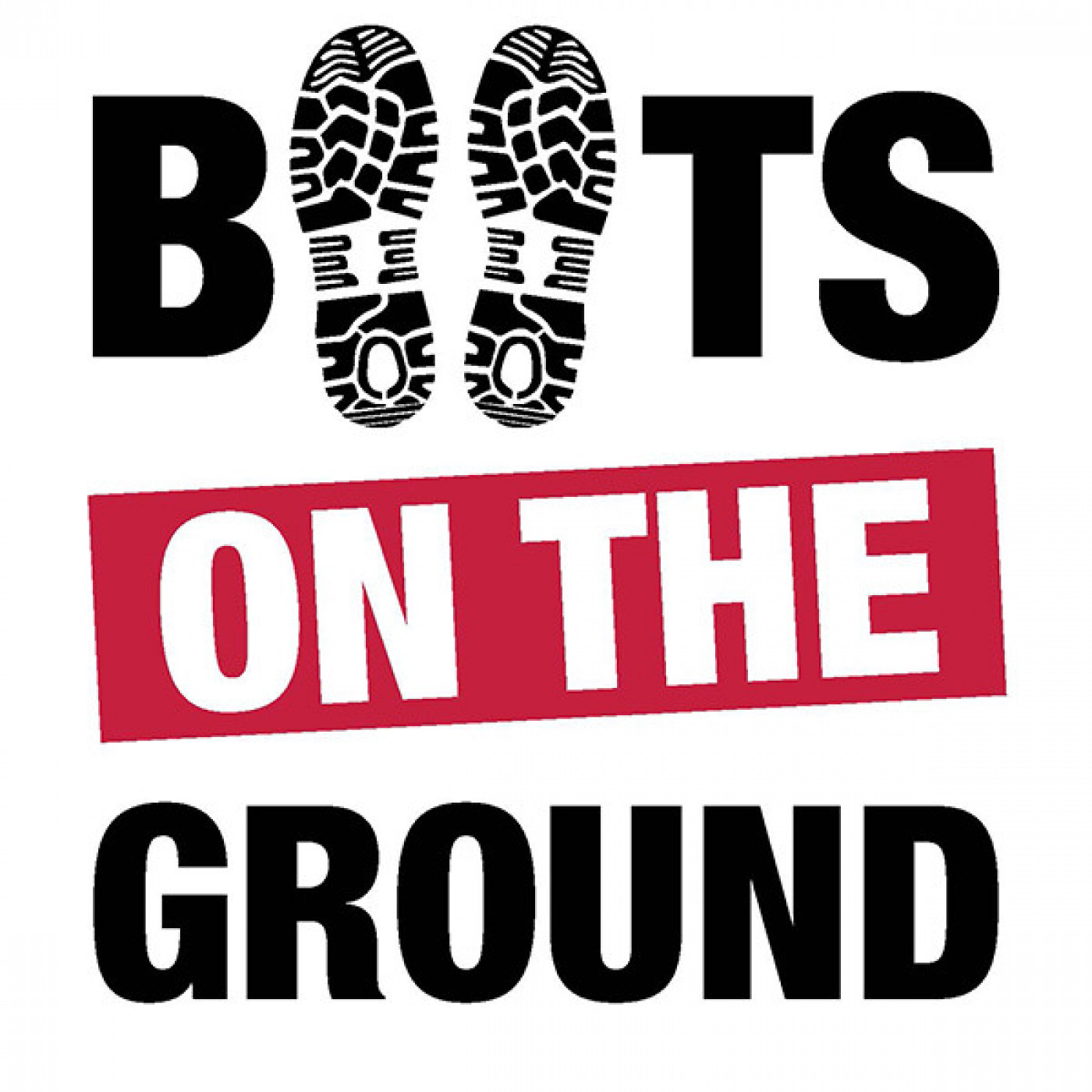Did apartheid racists convert or rehabilitate after freedom?
Description
Racist rants such as those by suspended DA MP Renaldo Gouws appear to show efforts to unite South Africa after apartheid did not yield the desired results. Do racists rehabilitate?
If you browse the archives, you will find apartheid ended because it was unsustainable after years of boycotts and sanctions by the international community. This and civil disobedience by the black majority, coloureds, Indians and some whites who fought to make the country ungovernable.
Fresh from the racist years, South Africa embarked on practical campaigns to unite the rainbow nation, but it seems racists are hell-bent on airing their views.
“Racism is human nature,” says Gabriel Crouse, executive director of the South African Institute of Race Relations' (IRR) legal division, questioning Nelson Mandela’s acclaimed “no-one is born hating another person because of the colour of his skin” view.
An IRR poll shows 80% of black people do not experience racism. According to Crouse, racism is worsened by politicians and the media.
Crouse is challenged by Ahmed Kathrada Foundation antiracism programme manager Rethabile Ratsomo, who says the institute does not have a true understanding and its research doesn't reflect the day-to-day racism that exists.
South African Human Rights Commission (SAHRC) chair Chris Nissen says racial tensions must be seen against the background of colonialism and apartheid.
“We have not dealt with the issue of race; we smooth it over, hence we see in the commission that one of the highest number of complaints are about racism, because we have not tackled racism's root cause: prejudice.
“It's not about human nature. Racism is an ideology, racism is being taught and racism comes from one group of people who think they are better than others.”
Apartheid resemblance?
Orania, the Afrikaner town in the Northern Cape, has come under scrutiny, with many saying the town resembles apartheid. It was established in 1991 as the country was closing the chapter on racist white-minority rule and transitioned to freedom. The town’s founder, Carel Boshoff, is the son-in-law of apartheid architect Hendrik Verwoerd. It has a flag in the colours of the old South African flag.
In talks with the ANC, FF Plus leader in the province, Verwoerd's grandson Wynand Boshoff, is pushing for recognition of Orania, where he has lived since 1993.
Boshoff says all people are welcome in the town if they convert to the Afrikaans culture.
“It’s about culture, it’s not about race. Orania was founded on the basis of self-determination as part of the post-apartheid South Africa.”
Section 235 of the constitution provides for the right to self-determination by any community sharing a common cultural and language heritage.
Nissen says: “We cannot allow any one place to be for one people like we had for Bantustans — for the Xhosas there, Ndebeles there, Swazis there and so on. We broke it down, there's no more Bantustans”.
The SAHRC was established to support constitutional democracy through promoting, protecting and monitoring the attainment of everyone's human rights.
More Episodes
Racist rants such as those by suspended DA MP Renaldo Gouws appear to show efforts to unite South Africa after apartheid did not yield the desired results. Do racists rehabilitate?
If you browse the archives, you will find apartheid ended because it was unsustainable after years of boycotts and...
Published 06/27/24
Published 06/27/24
In this episode of 'Boots On The Ground', we follow a pupil to a rural school. Among the issues we hear about are drug use at primary schools, a school with only two teachers for nine subjects, and we speak to civil organisations.
About 41% of pupils who started school 12 years ago did not make...
Published 11/15/23


